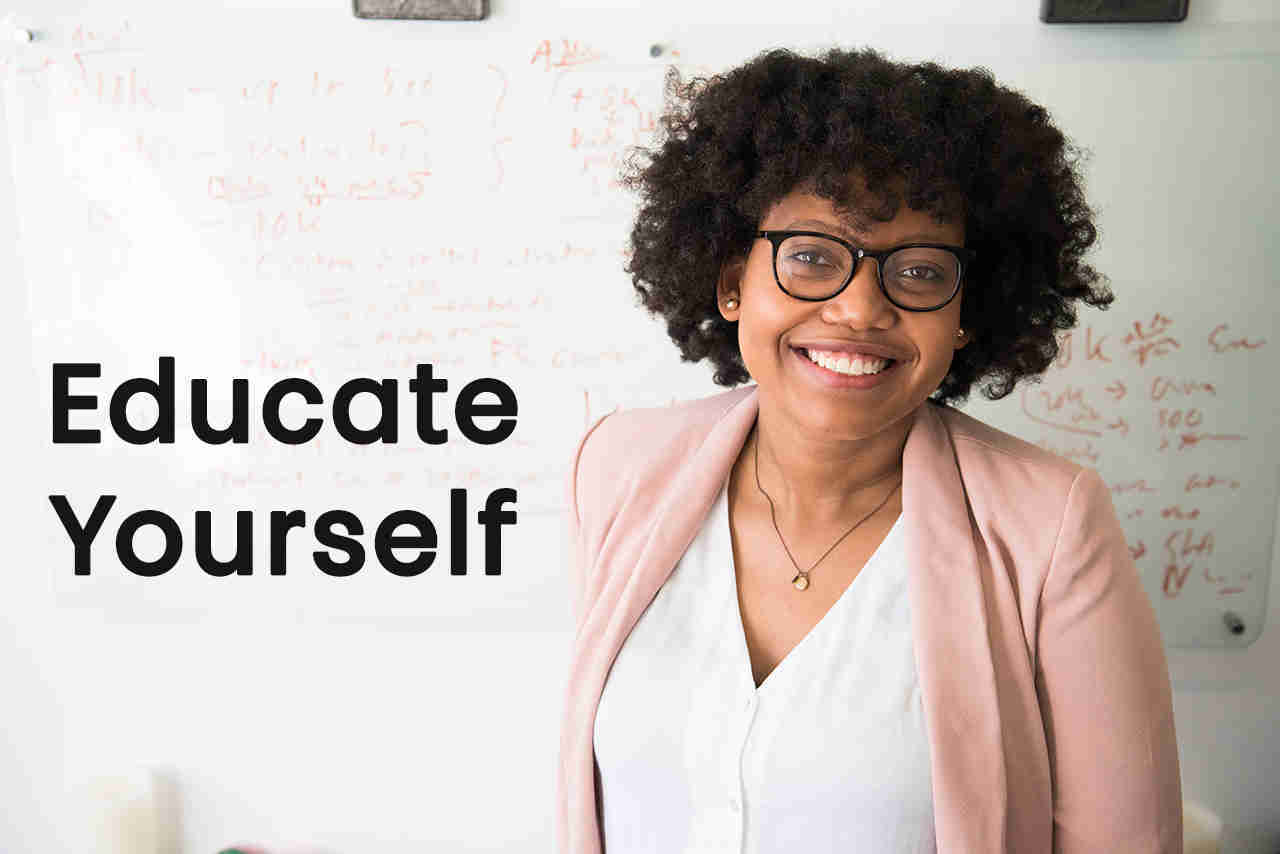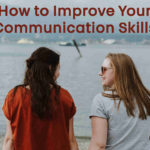How to Educate Yourself

No educator in the world, no matter how good or bad they are, can give you an education as powerful as self-education. The only one capable of doing that is you. And just like anything else in life, it takes work and patience to reap the rewards. But regardless of where you fall on the spectrum from attentive to the apathetic student, there are some steps that can help.
Step 1: Just Start
The first step in self-education is usually the hardest: just start. Whether you are looking to learn a new skill to increase your employability, or are looking for fun ways to use your free time, starting is key.
Remember that you don’t need anything special to begin. You don’t need a fancy textbook or college credit to get started. You might have the desire, but I’m sure you can find plenty of people who have wanted something bad enough but weren’t able to start because there was some extra hurdle in their way. Don’t let something stop you from getting started–it’s not worth it. The only resource required is you.
Step 2: Set a Goal
Setting a goal is important because it allows you to focus on the end result, which can be quite motivating. The goal can also give you a reason to keep learning once you have started. For example, if you learn how to make your own website so that you can generate extra income, and now that website is making money and your boss wants a new report made. You might not feel like doing the report now, but since it’s related to something that came from outside of work (the website), it might be easier to get started on it.
Step 3: Find Your Passion
Once you know what you’re looking to learn, it helps to find something that you’re passionate about. For example, if you get into philosophy and are looking to get a formal degree, then it would be good for you early on if you knew there was a specific philosopher that interested or inspired you. Then when learning the details of their philosophy and how others have interpreted them, it wouldn’t feel like work. It would feel like an exciting voyage into the fascinating mind of your favorite philosopher.
Step 4: Find Help
Sometimes getting started is the hardest part because there might not be anyone around who can help guide you through it. For example, if you want to learn programming but have no idea where to start, it might be better to get help from someone who knows how.
Another common example is if you are looking for free materials and resources on a particular topic–there’s nothing wrong with that. But be sure to look around a bit before just picking up any material that looks interesting. There may be a ton of information out there, but finding the right one can take some effort and understanding of your own interests and needs.
Step 5: Practice Learning
Learning takes time, so practicing makes sense.
But practice doesn’t mean sitting down and staring at a textbook for hours on end. Practice means finding ways to learn throughout the day, whether it’s reading a few paragraphs in books or taking notes in class. For example, if you’re going to have to learn about the economy, try watching some news segments on CNN or Fox News about economic developments from across the world and take notes on what you hear. Then as you watch and listen, imagine yourself in different situations where you would have to use what you are hearing with people who share different perspectives than your own. Doing so will allow you to build your knowledge base and problem-solving skills that go along with them.
Step 6: Find a Community
When you’re looking to learn a new skill or about an interesting topic, it goes a lot easier when you have help from others. For example, if you want to get into professional photography but are intimidated by all of the fancy cameras and equipment you would need to get started, then joining a community of photographers online might be helpful. They can teach you what you need to know about getting started, and can give you tips on what works best for them in different situations and settings. That way it won’t feel like learning from a textbook, because they are examples that other people in your situation would use as well.
Step 7: Be Realistic
When you want to learn something new, it’s easy to get frustrated when you realize that it will take time and effort. Everyone has a limit to how much they can learn in a given timeframe, so be sure not to get discouraged or impatient when it takes longer than you expected. Some people like learning something new, while others are more content with keeping things the way they are. Both are important to remember.
Step 8: Be Curious
The challenge with self-education is that you have to find your own motivation and meaning in what you’re learning. It doesn’t have to be anything fancy or special–you just have to want and need to learn more about something.
One of the best lessons I learned about curiosity came from a teacher I had on one of my college courses on philosophy. She said that the opposite of curiosity is apathy, and explained it like this:
What happens when you’re curious and find something that doesn’t make sense? You ask questions and try to make sense of it. When you don’t find an answer, you may get frustrated or even angry, but if you are still curious then you will continue looking for answers until there is some kind of solution. On the other hand, if there is no solution then it can be frustrating because it means experiencing an unfortunate situation where your questions have no answers.
Keep these things in mind when you are trying to learn something new and it can go a long way toward helping you. Always be curious, and you will learn more about the things that interest you, including yourself and your life.
Read more Facts and Knowledge

